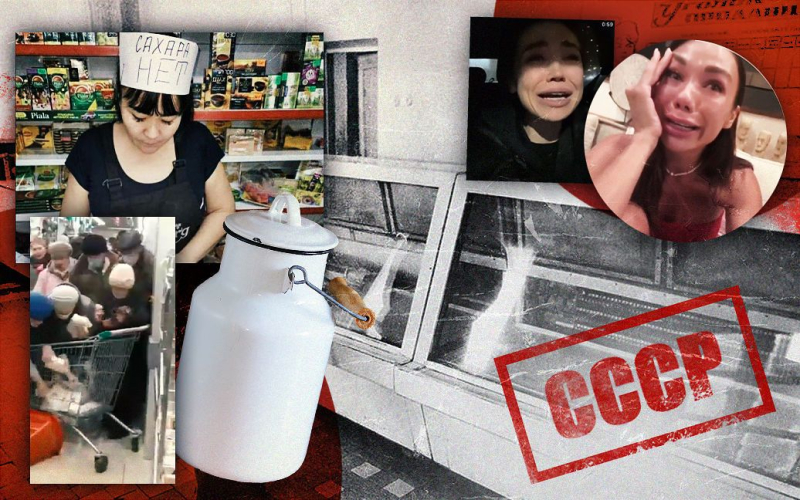
In Russia, "gray" imports were considered smuggling, but due to sanctions in the State Duma, they decided to “fix” its own law.
In order to return to their market goods of brands that have stopped or suspended their work in Russia, the Russian authorities intend to resort to parallel import: they will bring goods without the permission of the copyright holders .
This initiative was taken by the Ministry of Industry and Trade of the Russian Federation, according to Izvestia.
The Russian department is already compiling a list of brands in the light industry and other industries that have left the Russian market. In the future, their products will fall under parallel import, that is, they will be imported into the Russian Federation without the permission of the brands themselves.
The Russian authorities plan to import through alternative channels. In particular, luxury goods are sold in Russia through exclusive distributors from the EAEU countries (Armenia, Belarus, Kazakhstan and Kyrgyzstan).
Note that parallel imports, also known as “gray” imports, means the importation into the country of goods bearing a trademark without the permission of the trademark owner (i.e. “parallel” to the official import of such goods through dealers, authorized by the copyright holder).
Until now, parallel imports were prohibited in Russia by Article 1487 of the Civil Code of the Russian Federation, and the goods could be imported directly by the copyright holder or with his consent. According to Russian law, “gray” imports are considered smuggling, disguised as legal imports of goods.
However, according to Russian Prime Minister Mikhail Mishustin, Russia “recently passed a law giving the government the right to determine lists of products, in in relation to which the international principle of exhaustion of rights to a trademark is actually established if it is sold by the owner in any part of the world,” Interfax writes.
Recall that in connection with the Russian attack on Ukraine, many global companies announced termination of work and deliveries of its goods to the Russian Federation.

